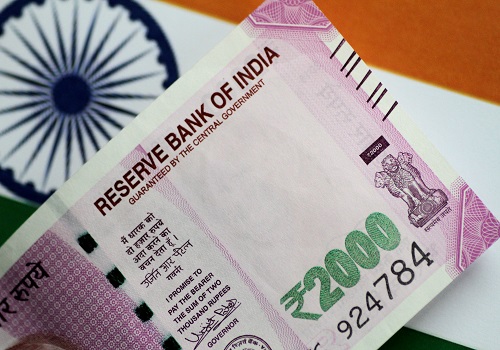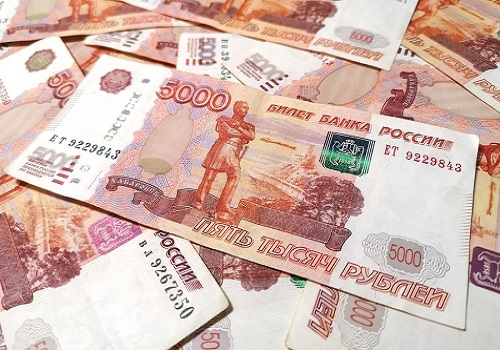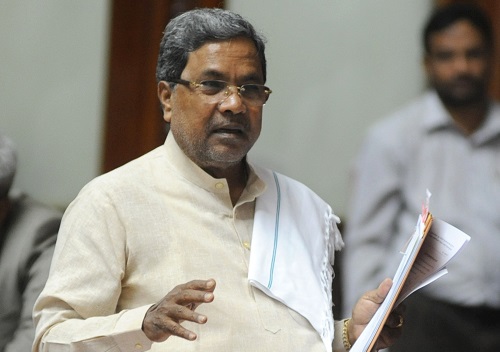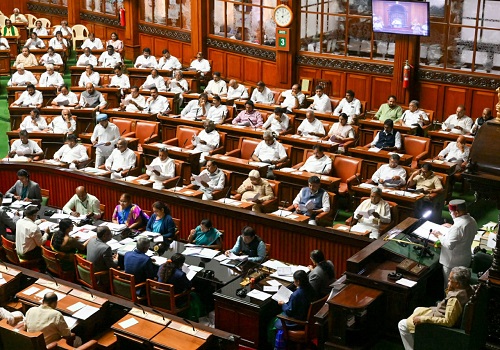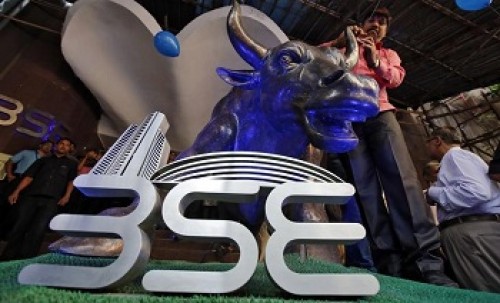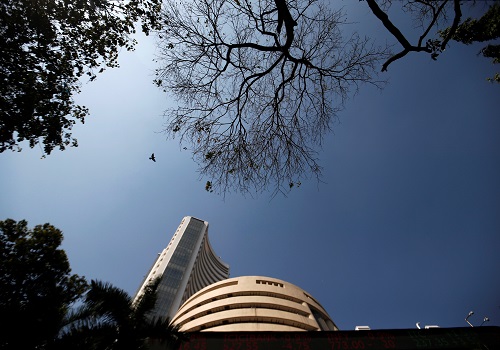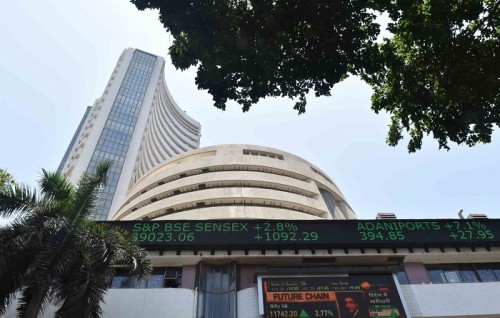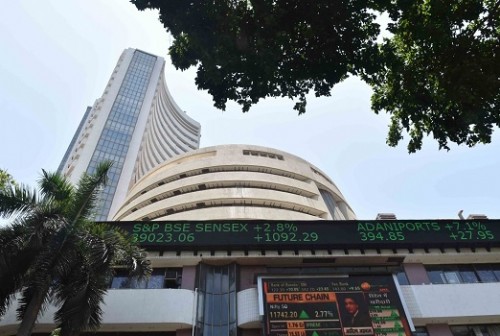Markets stable in last 10 years' pre-Budget trade, bloomed afterwards
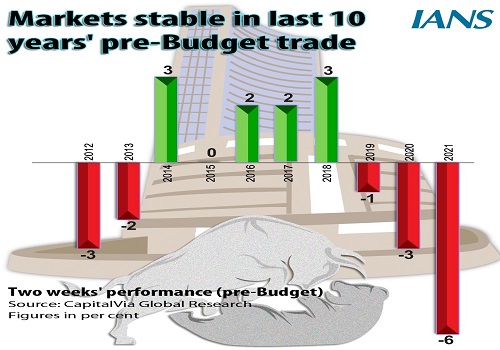
Follow us Now on Telegram ! Get daily 10 - 12 important updates on Business, Finance and Investment. Join our Telegram Channel
In the last 10 years, Indias key equity indices have mostly been range-bound during pre-Budget days, only to bloom after the tabling of the Bill in the Parliament.
In fact, the Union Budget remains the most important trigger for market movement.
Traditionally, until 2016, the Budget was announced on the final working day of February. Now it is presented in the Parliament on the first working day of February.
Accordingly, the periods just before and after assume much significance for market movement.
This time around, the ongoing Covid-19 pandemic and the upcoming state elections have heightened the stakes of the Budget day.
In terms of pre-Budget session, the last 10 years' data showed lower volatility as indices moved in the range of (-) 6 to 3 per cent only.
As per the data, since 2011, the market has fallen five times, while gaining six times in the month ahead of the Union Budget.
Over 2011-21, the market gave negative returns in the one-month period ahead of the Budget in 2011, 2014, 2016, 2020 and 2021.
Notably, in the last three years, the market started to correct between January 15 and 20, before witnessing a post-Budget rally.
The trend is expected to play out this time as well.
"If we look at the current market conditions, we can see that it rallied around 10 per cent since December 20 till now, but in the next two weeks, the market may trade in sideways," said Gaurav Garg, Head of Research at CapitalVia Global Research.
Besides, healthy Q3FY22 earnings results along with fresh foreign fund flows are expected to buoy the markets further.
"The market sentiment is currently positive, mainly on account of better operating performance from top IT companies and HDFC Bank," said Rajnath Yadav, Research Analyst at Choice Broking.
According to Nagaraj Shetti, Senior Technical Research Analyst, HDFC Securities: "As per the past behaviour of Nifty since 2012 onwards, a continuation of present uptrend in Nifty is likely till the end of January. As happened in the most occasions in past, the odds of the formation of an important top reversal in Nifty around 18,500-18,700 levels is high.
"One may expect decent downward correction from the highs after the event unless the Budget is favourable for capital markets beyond expectations."
Among sectors, the data showed that IT is one of the best performers during this period whereas pharma is an under-performer.
"In terms of volatility, PSU banks and realty stocks witnessed wild swings in either direction," said Sunil Nyati, Managing Director at Swastika Investmart.
"One of the consensus trades that always works is fertiliser stocks because they witnessed positive returns for the last five years and this month itself, they have already witnessed a stellar rally," Nyati added.
On FY23 Budget, Sandeep Bhardwaj, CEO, Retail, IIFL Securities, said: "Most likely, the government will continue its growth-oriented agenda through this year's Budget, which should get thumbs-up from the market.
"Divestment agenda, capital expenditure plans, support for SMEs and startups plus infrastructure and agricultural reforms are likely to dominate the reforms agenda, and if all falls into place, the markets are likely to continue a medium-term rally."















